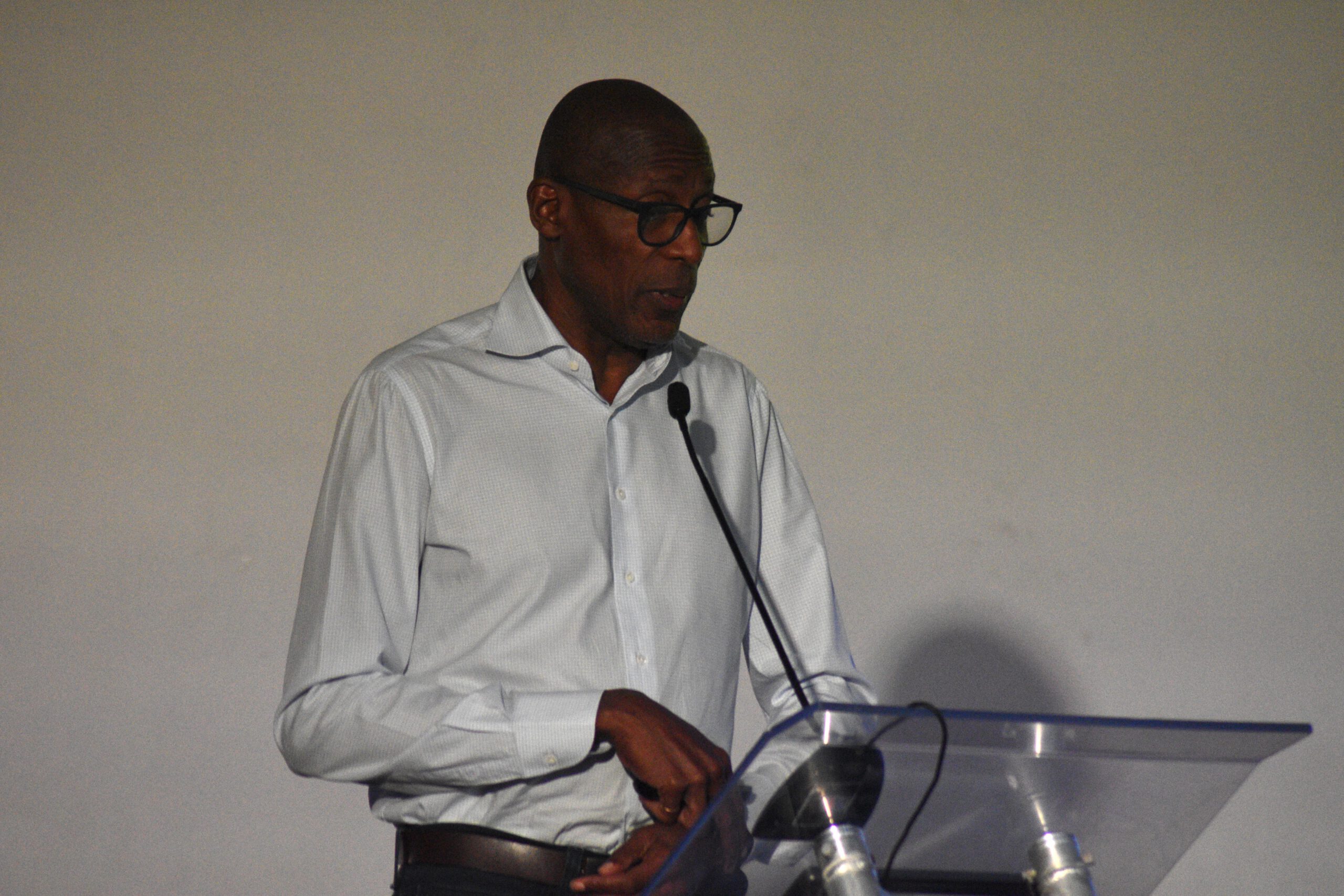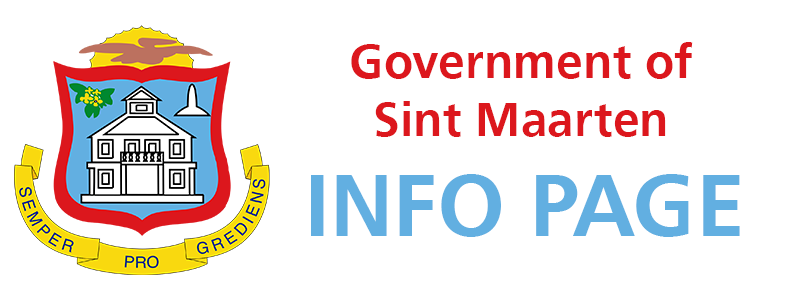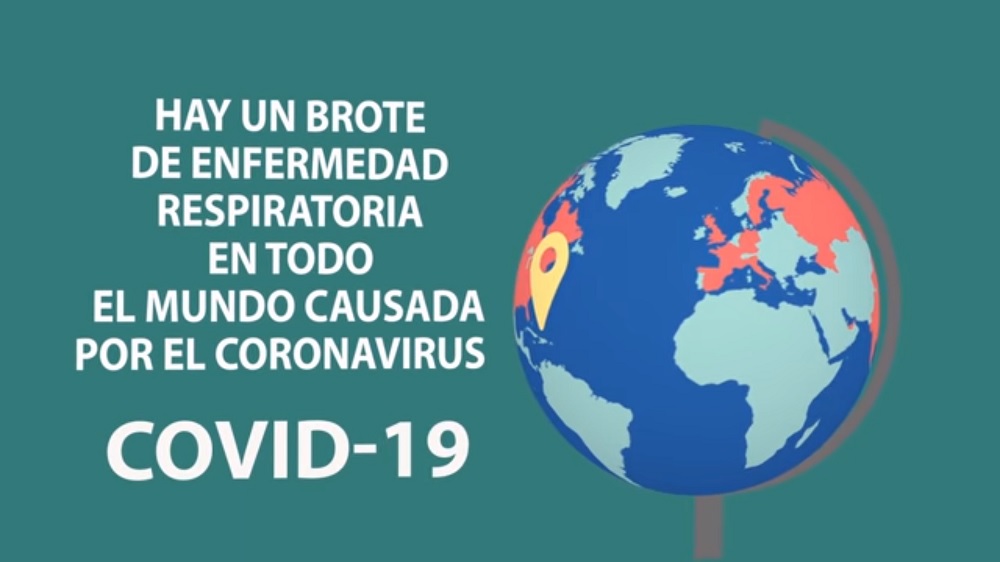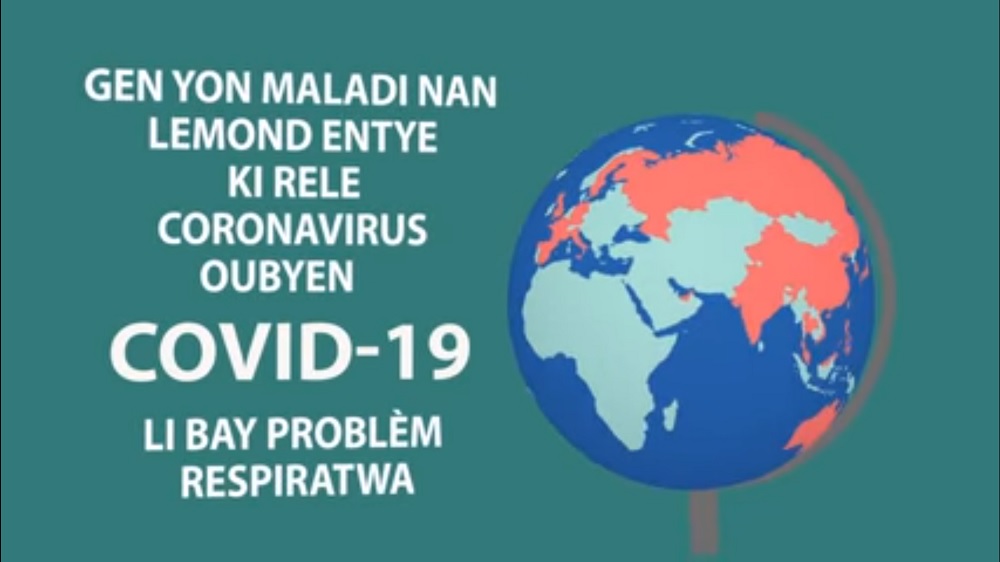Dr. Keith Nurse at 5th Annual Culture Creative Industry Forum
On June 19, the Department of Culture within the Ministry of Education, Culture, Youth & Sport hosted its first day of the 5th Annual Culture Creative Industry Forum (CCIF) at the Belair Community Center in Cay Hill. This year the goal of CCIF 2023, under the theme “The Development of the Creative Industry: The Role of the Individual in Creating Success”, is to place emphasis on what will ensure the successful development of the Culture Creative Industry on St. Maarten.
The second keynote speaker, Dr. Keith Nurse is the President of the College of Science Technology and Applied Arts Trinidad and Tobago. He is the former Principal/CEO of the Sir Arthur Lewis Community College, Saint Lucia. He has worked as Senior Economist and Advisor on Structural Policies and Innovation at the OECD Development Centre in Paris. He is the former World Trade Organization Chair at the University of the West Indies where he served in multiple capacities on each of the three land-based campuses. He is serving his third term as an expert member of the UN Committee for Development Policy. Dr. Nurse is the Chair of Caribbean Tales Worldwide Distribution Inc. and co-founder of the Caribbean Tales Incubator. He is the executive producer of the docudrama “Forward Home: The Power of the Caribbean Diaspora.”
“The creative economy is the main means by which content is now being distributed. If your content is not digitized, the capacity for it to go into global markets or even domestic markets is very much compromised. Creative entrepreneurship requires digital transformation,” says Dr. Keith Nurse.
“Now, many trained specialists and policy analysts, talk about where the approach to kinetic energy is affordable. Where is the money? The money is in trading goods, trading services, and trading intellectual property. It's increasing now in data monetization and also in creative experiences. And it's the latter area that I think that countries like St. Maarten and other Caribbean colonies have the strongest potential because you already have a fairly well-established tourism sector. And for me, the key issue is how we ensure that there is a stronger interface between the tourism sector and the cultural and creative industries.
When visitors come to our islands, often they want to find something to do other than being on the beach. St. Maarten, like many other Caribbean countries, has a very interesting story to tell. It's quite remarkable in the Caribbean. Every little island has a lot of commonalities with its neighbors, but there's also a lot that differentiates it. You want to be able to exploit that and talk about how you can generate this new tourism product beyond the beach, beyond the hotel, and beyond the airport.
Another key unit of potential growth is initially referred to as festivalization. There's an increasing demand for experiences, particularly festivals. Festivals have a strong capacity to generate both definition and intellectual property branding. Every major city is investing in destination - using festivals and events to create traffic to the destination, to brand the destination, and to brand products from the destination. Aligning those brands with the event festival makes them more memorable and global.
The third area, and this is something I'm working on currently and I think it has potential here in St. Maarten is to target the growth of digital animation, media, gaming, you name it. Just to illustrate the point, the gaming sector earns more than music, film, and book publishing combined. It's growing at a rapid rate. And the interesting thing about this is that gaming is growing beyond entertainment. It's also being used in education.
The challenge is in our mindset and the way we view the creative industries. We are still purely thinking about the arts as recreation and entertainment, when in fact, it is being used in potential growth areas or way beyond that. One of the things I've been making proposals on is how we now generate creative content for the education sector. One thing that COVID did for us as a benefit is show us the importance of online education. But with online education or digital education, there is an increasing demand for trained people in more creative ways. For example, when we need to train our young people about climate change, are we going to need foreign content? Is it going to be specific to our requirements or our needs that deal with sea level rise, and an increase of mosquitoes? That's something I would like St Maarten to potentially become involved in.”
The Culture Creative Industry Forum will be continuing tomorrow, June 20th, at 8 am. Persons interested are encouraged to register online at https://forms.office.com/r/gZD0n5PHNY or come in person to the Belair Community Center. Persons who are unable of being there in person, also have the opportunity to join via the Facebook page of the Department of Culture Facebook@DOCSXM starting at 9:00 am until 5:00 pm.










